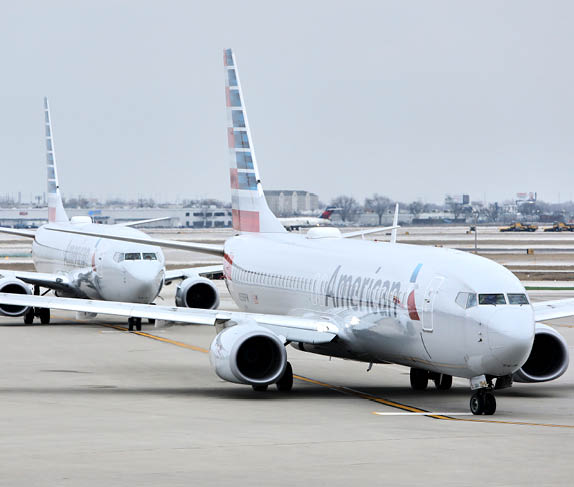GE Aviation has been selected by The Boeing Company to provide the Common Core System (CCS) and the Enhanced Airborne Flight Recorder (EAFR) for the Boeing 777X aircraft.
"This is a critical win for GE to supply the avionics computing system for the Boeing 777X, building on the success of our common core system on the 787," said Alan Caslavka, president of Avionics & Digital Systems for GE Aviation. "With the 787 and now the 777X, we have made future civil and military programs more affordable by resetting the avionics cost curve and doing away with escalating software development costs."
Selecting the GE common core system and enhanced airborne flight recorder enables Boeing to bring the latest generation of proven capabilities from the 787 to the 777X. The 777X has 300 orders and commitments from customers Lufthansa, Etihad, Qatar, Emirates, ANA and Cathay Pacific.
The latest systems technology for the 777X will touch two major GE Aviation facilities including the common core system and the enhanced airborne flight recorder from Grand Rapids, Michigan and the remote data concentrators from Cheltenham, United Kingdom.
The CCS is often referred to as the "central nervous system and brain" of the airplane and hosts the aircraft’s avionics and utilities functions, eliminating several boxes and reducing hundreds of pounds of wire. GE’s CCS on both the 787 and 777X share common components and technologies and can be scaled up or down depending on customer needs. The CCS open system architecture significantly reduces the cost of modifying software so that the developer may only be required to test and certify functions that have been altered.
GE’s EAFR for the 777X will record flight crew audio, parametric flight data, and data link communications. This data is stored in non-volatile, crash-survivable memory located within the EAFR and can be retrieved and analyzed for maintenance or in the event of an aircraft issue. GE’s flight recorders are on thousands of military aircraft as well as on the Boeing 787.
Design of the 777X is underway, and production is set to begin in 2017 with first delivery targeted for 2020. The 777X family includes the 777-8X and the 777-9X. The 777X will be the largest and most efficient twin-engine jet in the world, with 12 percent lower fuel consumption and 10 percent lower operating costs than the competition. Engine supplier GE Aviation was the first partner announced on the program. The GE9X engine will be greater than five percent more efficient than anything in its class.

